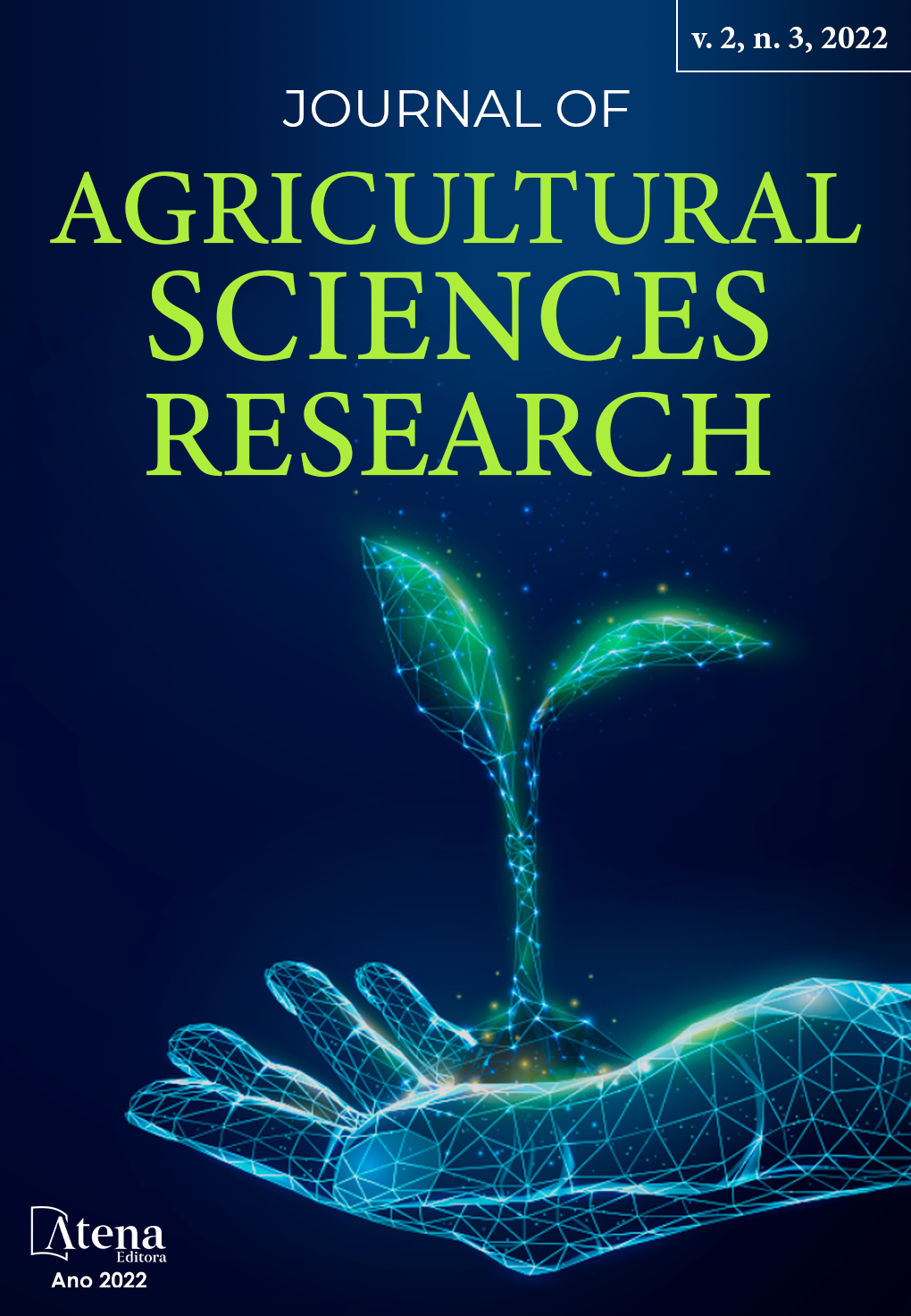
BLOCKCHAIN AS A MODEL FOR INNOVATION IN COFFEE EXPORTS
The intensification of new technologies from the 90's, allowed the optimization of time and money throughout the industry. As agriculture is an important sector in Brazil and new technologies are constantly being adopted, Blockchain emerges as a viable alternative to serve the entire export chain of the coffee sector. Considered the second largest commodity in the world, Brazil being the main producer and exporter of this culture. The coffee chain is simple yet complex and the adoption of Blockchain would facilitate the commercialization and existing database in the chain. In this way, with the introduction of new technologies that facilitate trade processes, traceability, logistics, food safety and access to information on each aspect of the coffee market, Blockchain could be an alternative that will contribute to the optimization of trade transactions in the sector. . The general objective of this research was to investigate Blockchain as a technological alternative to fill the gap in the coffee production chain, regarding information transparency and process agility. The emergence of blockchain as a tool for agribusiness promoting the search for information, traceability, with quality criteria and socio-environmental compliance that would be certified throughout the process, which, from the point of view of domestic and foreign consumer markets, could boost the adhesion of the Brazilian Identification System (BRASIL, 2017). The method used in this research was exploratory research, which, according to Gil (2008), has the main purpose of developing, clarifying and modifying concepts and ideas, with a view to formulating more precise problems or researchable hypotheses for further studies. It was observed that the payments of most taxes at origin have the producer as the weak link in the chain, reflecting on its profitability; there was a need to create a shareable and easily accessible data platform, with the producer as the user of origin and the consumer as a supervisory agent, in this way, it is possible that it is an easy-to-use, accessible, safe, traceable and immutable and positive against fraud. It is concluded that the adoption of blockchain would facilitate the understanding of the sector, creating management, logistics and commercial strategies, in order to monetarily benefit everyone who is inserted in the chain. Clarity of information for the consumer is increasingly required, and tracking each step can be beneficial against fraud, health issues and information seeking. Its main advantage is the security of information and its characteristic of being immutable, an important factor so that falsifications and frauds do not occur during the course of the chain, thus guaranteeing a greater tax return for the public coffers, in addition to facilitating customs inspection in ports.
BLOCKCHAIN AS A MODEL FOR INNOVATION IN COFFEE EXPORTS
-
DOI: 10.22533/at.ed.9732322180410
-
Palavras-chave: External market; taxation; coffee chain; big date.
-
Keywords: External market; taxation; coffee chain; big date.
-
Abstract:
The intensification of new technologies from the 90's, allowed the optimization of time and money throughout the industry. As agriculture is an important sector in Brazil and new technologies are constantly being adopted, Blockchain emerges as a viable alternative to serve the entire export chain of the coffee sector. Considered the second largest commodity in the world, Brazil being the main producer and exporter of this culture. The coffee chain is simple yet complex and the adoption of Blockchain would facilitate the commercialization and existing database in the chain. In this way, with the introduction of new technologies that facilitate trade processes, traceability, logistics, food safety and access to information on each aspect of the coffee market, Blockchain could be an alternative that will contribute to the optimization of trade transactions in the sector. . The general objective of this research was to investigate Blockchain as a technological alternative to fill the gap in the coffee production chain, regarding information transparency and process agility. The emergence of blockchain as a tool for agribusiness promoting the search for information, traceability, with quality criteria and socio-environmental compliance that would be certified throughout the process, which, from the point of view of domestic and foreign consumer markets, could boost the adhesion of the Brazilian Identification System (BRASIL, 2017). The method used in this research was exploratory research, which, according to Gil (2008), has the main purpose of developing, clarifying and modifying concepts and ideas, with a view to formulating more precise problems or researchable hypotheses for further studies. It was observed that the payments of most taxes at origin have the producer as the weak link in the chain, reflecting on its profitability; there was a need to create a shareable and easily accessible data platform, with the producer as the user of origin and the consumer as a supervisory agent, in this way, it is possible that it is an easy-to-use, accessible, safe, traceable and immutable and positive against fraud. It is concluded that the adoption of blockchain would facilitate the understanding of the sector, creating management, logistics and commercial strategies, in order to monetarily benefit everyone who is inserted in the chain. Clarity of information for the consumer is increasingly required, and tracking each step can be beneficial against fraud, health issues and information seeking. Its main advantage is the security of information and its characteristic of being immutable, an important factor so that falsifications and frauds do not occur during the course of the chain, thus guaranteeing a greater tax return for the public coffers, in addition to facilitating customs inspection in ports.
-
Número de páginas: 17
- Guilherme Patricio de Araujo
- Marta Cristina Marjotta-Maistro
- Adriana Estela Sanjuan Montebello
- Jerônimo Alves dos Santos


